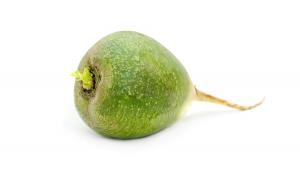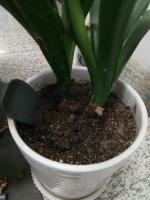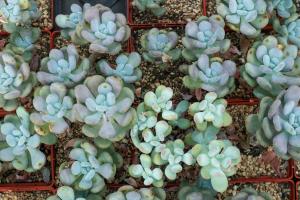Why do walnut trees kill other plants?
Walnut trees are known for being one of the most productive and valuable tree species in the world. They produce delicious fruits and are prized for their beautiful and durable hardwood. However, one of the lesser known traits of walnut trees is that they release a chemical that can kill or inhibit the growth of other plants in their vicinity. This phenomenon is known as allelopathy.
What is allelopathy?
Allelopathy refers to the ability of a plant to release chemicals that can either inhibit or promote the growth of another plant species. This phenomenon is commonly observed in the plant kingdom and is often used as a defense mechanism to ward off competing plant species. In the case of walnut trees, they release a chemical called juglone in their roots, leaves, and fruits that can hinder the growth of other plants.
What is juglone?
Juglone is a chemical compound that is toxic to many plant species. It is released by walnut trees as a defense mechanism to protect themselves from competing plants in their vicinity. The concentration of juglone in different parts of the tree varies, with the roots containing the highest concentration. Juglone is also present in walnut leaves, bark, and nut husks, which makes it difficult for other plants to grow near walnut trees.
What plants are affected by juglone?
Juglone can affect a wide range of plant species, but some are more sensitive to its effects than others. Some common plants that are known to be sensitive to juglone include tomatoes, potatoes, peppers, eggplants, and many members of the rose family, including strawberries, raspberries, and blackberries. Other plants that may be affected include corn, beans, peas, and many types of trees and shrubs.
How does juglone affect other plants?
Juglone affects other plants by inhibiting their growth or killing them outright. It does this by disrupting key biological processes in the affected plant species, such as photosynthesis, respiration, and water uptake. This can lead to stunted growth, yellowing and wilting of leaves, and eventual death of the plant.
Can other plants be grown near walnut trees?
Despite the allelopathic effects of juglone, there are some plant species that can tolerate its presence and can be grown near walnut trees. These include some varieties of grasses, ferns, and shade-tolerant plants that have evolved to withstand the chemical. In addition, there are some techniques that can be used to minimize the effects of juglone, such as planting in raised beds or containers, using a barrier made of plastic or other impermeable material, or applying activated carbon to the soil to absorb the chemical.
Conclusion
Walnut trees are a valuable species for their fruits and hardwood, but they can also be a challenge for gardeners and farmers because of their allelopathic effects. The release of juglone can inhibit or kill other plant species, making it difficult to grow certain crops or plants near walnut trees. However, with careful planning and management, it is possible to minimize the effects of juglone and grow a diverse array of plants in the presence of walnut trees.

 how many times do yo...
how many times do yo... how many planted tre...
how many planted tre... how many pine trees ...
how many pine trees ... how many pecan trees...
how many pecan trees... how many plants comp...
how many plants comp... how many plants can ...
how many plants can ... how many plants and ...
how many plants and ... how many pepper plan...
how many pepper plan...
































